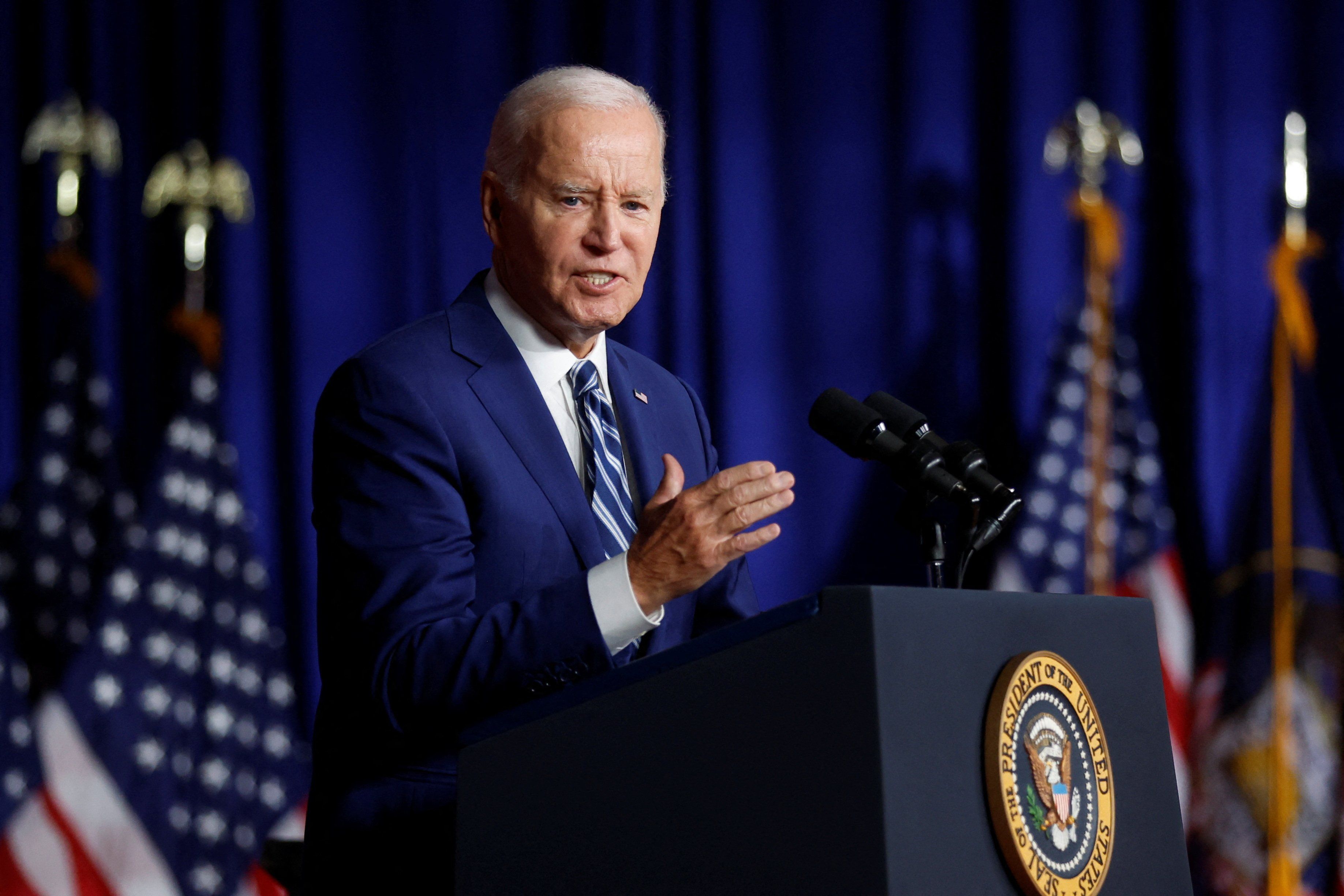President Joe Biden has signed an executive order that will make it illegal for US companies to invest in sectors of the Chinese economy that could have military applications: quantum computing, artificial intelligence related to defense, and advanced semiconductors.
Biden’s new policy is expected to come into effect next year, following rounds of public comment. The Washington Post reports that Wednesday’s move came after an intense internal debate, and the proposed ban is narrower than some in the administration wanted.
Still, the move is bound to escalate tensions with Beijing, and it comes less than two months after Secretary of State Antony Blinken visited China in a bid to improve relations.
Now all eyes will turn to US allies, such as Canada and the United Kingdom, to see whether they implement similar policies. Ottawa, for one, has often been criticized for being slow to respond to foreign interference by the Chinese government.
A spokesperson for Canadian Innovation Minister François-Philippe Champagne told the Globe and Mail that Canada would consult with the Americans about the implications of the measure but did not say whether Canada would bring in similar rules.
